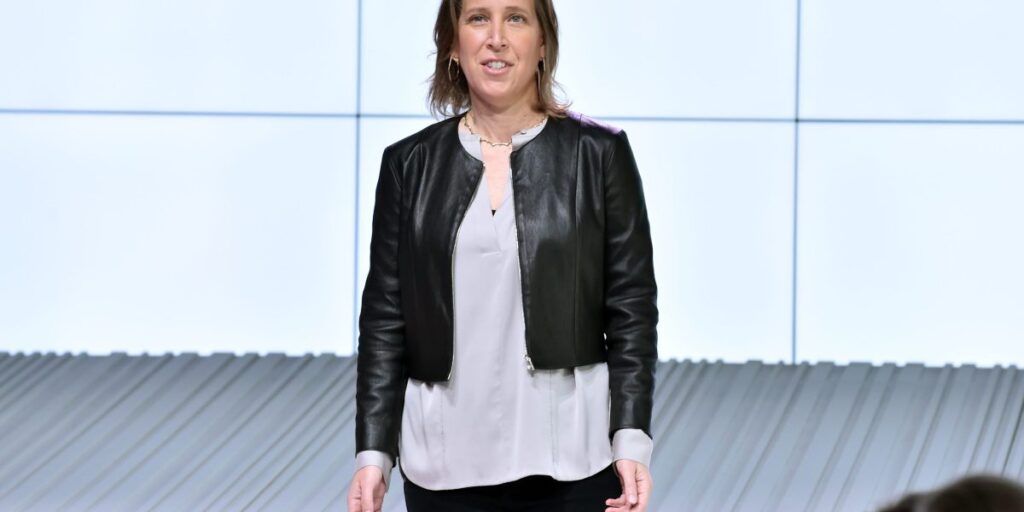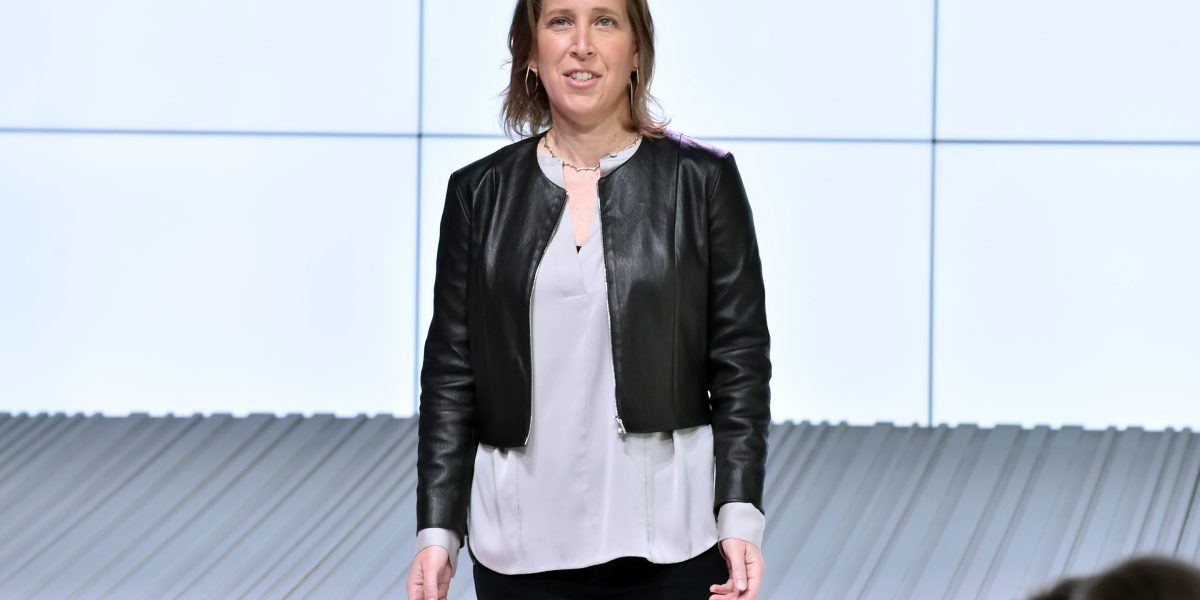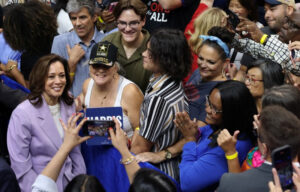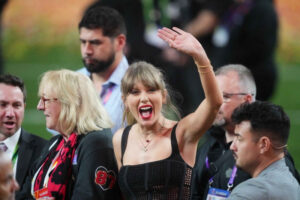Susan Wojcicki offered management lessons from the Titanic and ‘Frozen’ in a 2014 commencement speech
“It’s possible to be very wrong,” Wojcicki said at the 2014 commencement ceremony for the UCLA Anderson School of Management.


Ten years ago, Susan Wojcicki drew on an historical example of epic failure and a more recent example of smashing success for key lessons in leadership.
The former YouTube CEO passed away on Friday after two years of living with lung cancer. A Silicon Valley pioneer, she spent more than two decades leading various parts of Google and its parent company Alphabet.
At the 2014 commencement ceremony for the UCLA Anderson School of Management, where she earned her MBA in 1998, Wojcicki recounted the speech from her own Anderson graduation.
The speaker was then-U.S. Filter CEO Richard Heckmann, who died in 2020. While he talked about the Titanic and 10 take-aways from its infamous sinking in 1912, there was one that stood out and continued to resonate throughout her career.
“It’s possible to be very wrong,” Wojcicki told the graduates.
While the Titanic had the latest technology at the time and was deemed unsinkable, hubris caused the ship to hit an iceberg and sink, she added.
Wojcicki thought about that lesson as she was helping to build up Google and during the dot-com crash, when she often drove by empty buildings that once housed prominent internet companies.
“And I thought to myself, it’s possible to be very wrong,” she recalled. “It turns out that that was true for Google as a small company, but it’s even more true for us now that we’re larger. When big companies fall, they fall much harder. When you’re steering a big ship, it turns out it’s even harder to see the icebergs. When you do, it’s even harder to turn the ship around to avoid those icebergs and steer away.”
Pointing to how the smartphone revolution suddenly upended the internet landscape, Wojcicki urged the audience to embrace change and pivoted to a management lesson from the 2013 Disney movie Frozen.
A key factor in its success was that Disney embraced YouTube, she explained. After it hit theaters, fans began uploading their own covers of the movie’s signature song “Let It Go” to YouTube.
Disney could have easily asked the platform to take down those videos, but instead the entertainment giant chose to embrace change and respect its audience, Wojcicki said. “Quite simply, they let it go.”
Any industry will face change, presenting stark consequences for businesses as new technologies emerge and consumer preferences change, she added.
“It feels unusual, our instinct is to fight it. Be we need to embrace it. We need to let it go,” she said.
In 2016, Wojcicki was prescient in seeing changes coming for the media industry, telling Fortune’s Jennifer Reingold that the future would belong to individual content creators who had the power to amass audiences on YouTube.
“They are their own media companies. They are the CEO, they are the personality, and then behind them as they get bigger they have production and editors and writers and so we really have this next generation of media companies,” she predicted.





